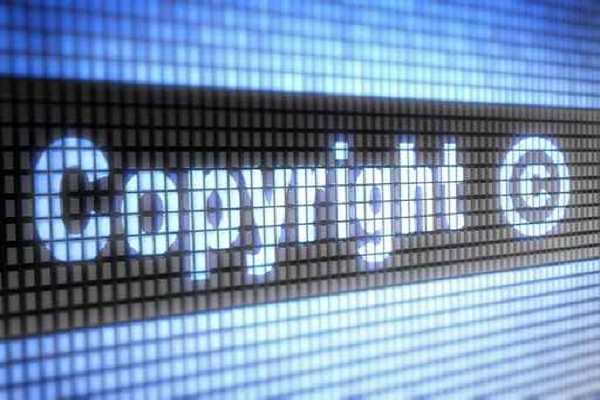European Parliament creeps closer to creating 'robo-copyright regime'
Article 11 and Article 13 of the EU's copyright reforms have come under fire after being voted for by the majority


The European Parliament has backed two controversial elements of a new copyright law that could have a substantial impact on the way European citizens use the internet.
Article 13 "use of protected content by online content sharing service providers" - possibly the more worrying of the two laws - will mean internet platforms need to filter all uploads for copyright infringement before the information is put into the public domain. Although the article's existence has been discussed in the past, the inclusion of the article in the law was not formally discussed until after GDPR came into force at the end of May, leaving many confused as to why it was added in so late.
It's similar to YouTube's Content ID system, whereby algorithms are supposed to automatically detect whether the content of a video is subject to copyright or owned by someone else and if it's found not to belong to the uploader, it's blocked.
However, this causes many issues. For example, some content is wrongfully marked as copyright because it could have certain elements of an existing video, sound or other similar features to other content already available on the internet.
It was agreed upon by 15:10 in the majority, meaning it's likely to be included in the EU's copyright reform proposals and will certainly pass through to a vote by the EU Member State representatives in the EU Council, although that's one step closer to it becoming law.
The other controversial part of the legislation is article 11 - "protection of press publications concerning online uses" - which cracks down on people using snippets of news articles in their own stories. It means that anyone wanting to use parts of another news source's coverage will need to obtain a license from the publisher to use it. This was voted to go ahead with a majority of 13:12.
However, this so-called "link tax" has come under fire from MEPs that believe it could have a detrimental effect on the news industry as a whole and could result in an increase in fake news stories circulating around the internet as sources attempt to bypass the link tax by creating their own news stories instead.
Get the ITPro daily newsletter
Sign up today and you will receive a free copy of our Future Focus 2025 report - the leading guidance on AI, cybersecurity and other IT challenges as per 700+ senior executives

Clare is the founder of Blue Cactus Digital, a digital marketing company that helps ethical and sustainability-focused businesses grow their customer base.
Prior to becoming a marketer, Clare was a journalist, working at a range of mobile device-focused outlets including Know Your Mobile before moving into freelance life.
As a freelance writer, she drew on her expertise in mobility to write features and guides for ITPro, as well as regularly writing news stories on a wide range of topics.
-
 Should AI PCs be part of your next hardware refresh?
Should AI PCs be part of your next hardware refresh?AI PCs are fast becoming a business staple and a surefire way to future-proof your business
By Bobby Hellard
-
 Westcon-Comstor and Vectra AI launch brace of new channel initiatives
Westcon-Comstor and Vectra AI launch brace of new channel initiativesNews Westcon-Comstor and Vectra AI have announced the launch of two new channel growth initiatives focused on the managed security service provider (MSSP) space and AWS Marketplace.
By Daniel Todd